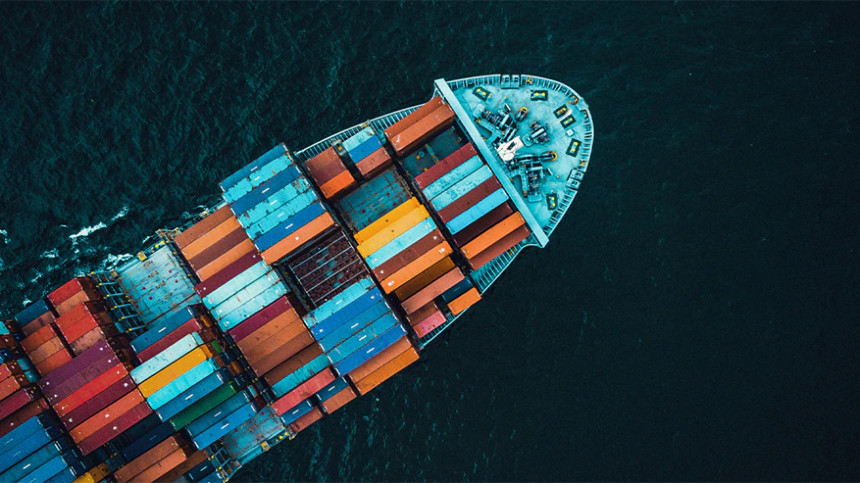South Korea’s Hyundai shipbuilding group has secured an order from Maersk, the world’s largest container shipping line and vessel operator, to build eight container ships powered by methanol, an inflammable liquid which is emerging as a new clean-burning fuel thanks to lower production costs and significantly reduces greenhouse gas emissions.
The order worth 1.64 trillion won ($1.4 billion) calls for the delivery of eight 16,000-TEU container ships equipped with methanol fuel propulsion systems by 2024, Korea Shipbuilding & Offshore Engineering (KSOE) affiliated with the shipbuilding group said on August 24. The twenty-foot equivalent unit (TEU) is an inexact unit of cargo capacity often used to describe the capacity of container ships.
The deal includes four options. The shipbuilder received Maersk’s order to build a 2,100-TEU methanol-propelled container ship on a trial basis in June, KSOE said, adding the Danish integrated shipping company will be able to reduce annual carbon dioxide emissions by about one million tons by replacing some of its aging container ships with methanol fuel propulsion vessels.
Unlike natural gas that requires high pressure and cryogenic temperatures, methanol is easy to store and transport even at room temperature and general atmospheric pressure. It is relatively less expensive to build an initial infrastructure. Methanol can be used with high efficiency in marine diesel engines after minor modifications using a small amount of pilot fuel.
Risk classification societies and the International Maritime Organization (IMO) have developed standards and guidelines for methanol as a marine fuel. The cost to convert vessels to run on methanol is significantly less than other alternative fuel conversions and only minor modifications are needed for existing storage and bunkering infrastructure to handle methanol. One problem with high concentrations of methanol in fuel is that alcohols corrode some metals.
In June 2021, South Korea revised inspection criteria to approve the domestic operation of ships powered by methanol. The revision requires inspectors to check whether ships are safe from explosions and fires caused by the characteristics of methanol and ethanol.
Source: Hellenic Shipping News





